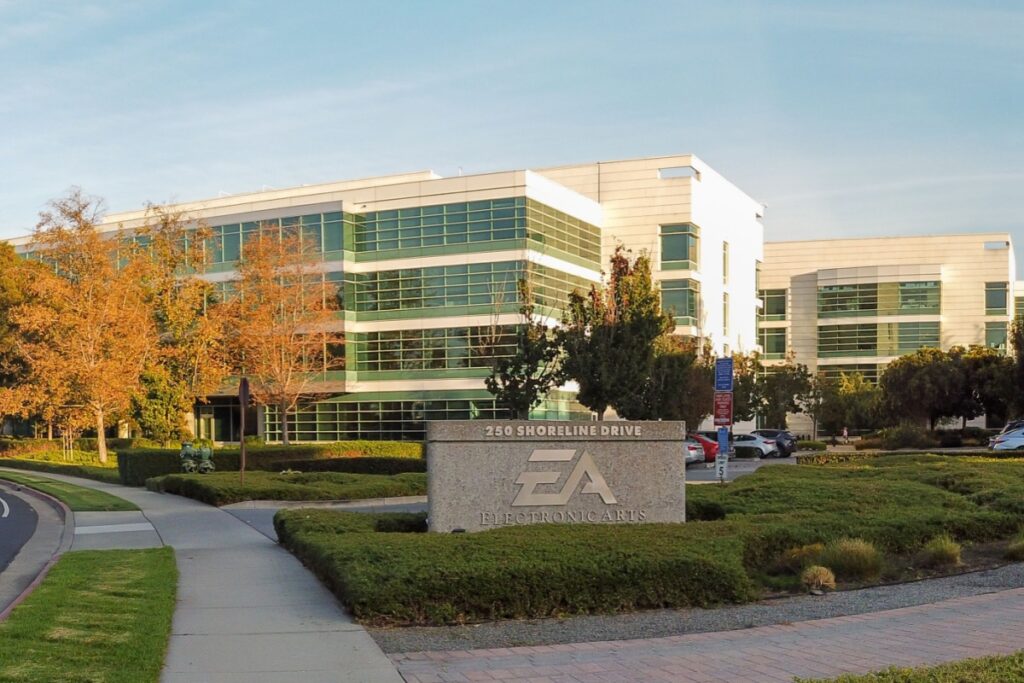Electronic Arts (EA) has agreed to be acquired in an all-cash transaction worth $52.5 billion, marking the largest leveraged buyout in the video game sector to date.
Shareholder Terms and Investor Consortium
The consortium leading the purchase includes Silver Lake Partners, Saudi Arabia’s sovereign wealth fund PIF, and Affinity Partners, run by Jared Kushner, the son-in-law of former U.S. President Donald Trump. Under the deal, EA shareholders will receive $210 per share, representing a notable premium compared to its pre-announcement trading price.
The agreement has been unanimously approved by EA’s board of directors and is expected to close in the first quarter of fiscal 2027, pending shareholder approval and regulatory clearance. Once finalized, EA shares will be delisted and the company will transition to private ownership.
Financing and Leadership Continuity
The $52.5 billion transaction will be financed through a combination of equity and debt. Roughly $33 billion will come from equity contributions by the consortium, while approximately $19.5 billion will be secured through debt facilities arranged primarily by JPMorgan Chase and other lenders.
PIF, which already owns a 9.9 percent stake in EA, will roll over its existing holdings into the new structure. Meanwhile, Affinity Partners joins as a minority investor, giving the deal both sovereign and politically connected backing. EA will remain headquartered in Redwood City, California, and Andrew Wilson will continue as CEO, ensuring management continuity under private ownership.
Regulatory Scrutiny and Deal Risks
Given its size and the involvement of sovereign capital, the acquisition is expected to face rigorous review from U.S. antitrust authorities and the Committee on Foreign Investment in the United States (CFIUS). Regulators will assess potential competition concerns as well as national security implications tied to foreign investment in a major U.S. gaming company.
The agreement includes a $1 billion break-up fee if the transaction fails under certain conditions, such as regulatory blockage or a competing bid. Analysts caution that EA’s heavy debt load could constrain future investments, particularly if the gaming sector faces a slowdown or consumer demand weakens. Nevertheless, supporters argue that private ownership will allow EA to focus on innovation and long-term growth without the short-term pressures of quarterly earnings.
Industry Impact and Strategic Outlook
The takeover highlights the growing role of private equity and sovereign wealth funds in shaping the future of interactive entertainment. With blockbuster franchises such as FIFA, Madden NFL, and The Sims, EA represents one of the industry’s most valuable publishers. Going private could give the company the flexibility to expand into subscription services, mobile platforms, and cloud gaming technologies.
This acquisition also raises the possibility of similar buyouts among other gaming giants as competition intensifies with rivals like Microsoft, Sony, and Tencent. The precedent set by the $52.5 billion valuation underscores both the strategic importance of gaming and the willingness of global investors to commit unprecedented sums to the sector.


